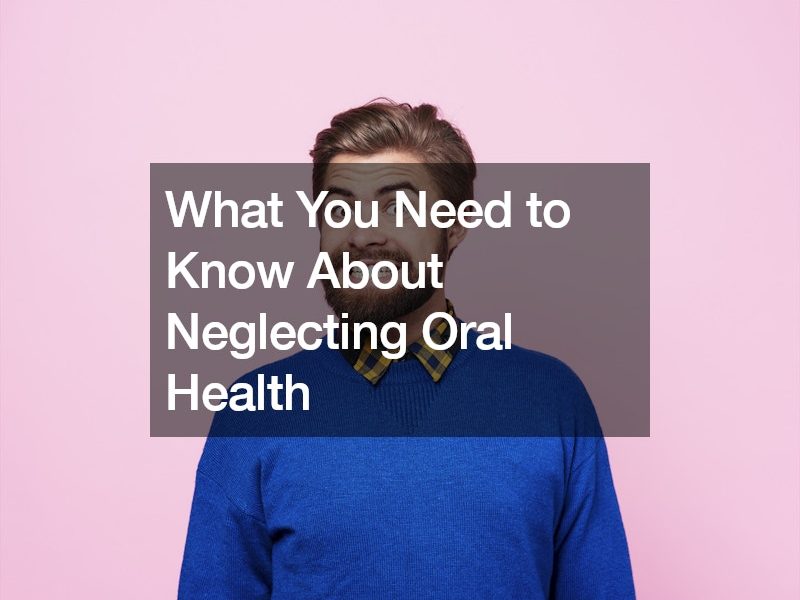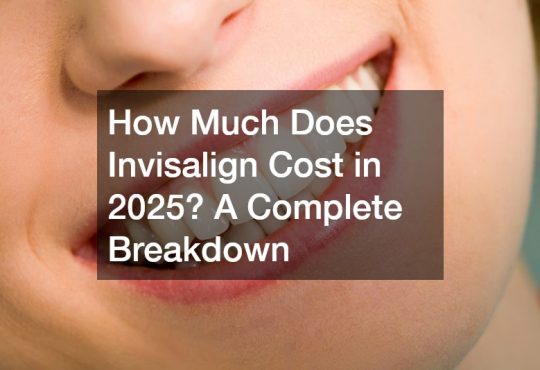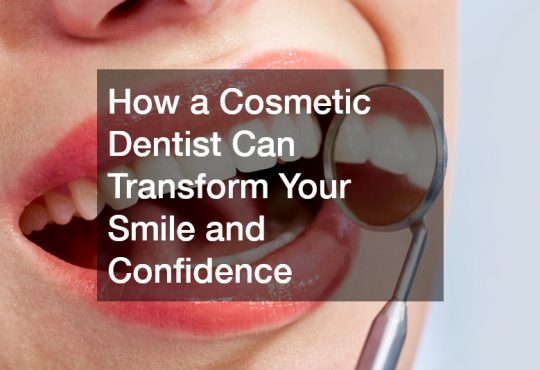
What You Need to Know About Neglecting Oral Health
Disclaimer: The material provided is designed to inform readers about oral health and preventive care. It should not be considered medical advice. Consult a registered dentist for guidance specific to your oral health needs.
Maintaining good oral hygiene is essential for overall health, yet many people underestimate the importance of regular brushing and flossing. Neglecting oral health can lead to a host of problems, from bad breath to serious dental issues. In this article, we’ll explore the consequences of skipping oral care and discuss why it’s crucial to prioritize your dental hygiene.
The Impact of Neglecting Oral Health
When you skip brushing your teeth for just one day, you allow bacteria to accumulate in your mouth. These bacteria feed on food particles left behind, forming a sticky film called plaque.
Over time, plaque hardens into tartar, which can lead to gum disease and tooth decay. Without proper oral hygiene, you may experience swollen and tender gums, bleeding when brushing, and even tooth loss.
TheThe Dangers of Plaque and Tartar Buildup
Plaque and tartar buildup are more than just cosmetic issues—they can have serious consequences for your oral health. When left unchecked, plaque and tartar can irritate your gums, leading to gingivitis. If untreated, gingivitis can progress to periodontitis, a severe form of gum disease that can cause tooth loss. Additionally, tartar buildup can harbor harmful bacteria that contribute to bad breath and oral infections.
TheThe Importance of Regular Brushing and Flossing
Brushing and flossing are the cornerstone of good oral hygiene. Brushing your teeth twice a day helps remove plaque and food debris, while flossing cleans between your teeth and along the gumline. These simple habits can prevent the buildup of plaque and tartar, reducing your risk of gum disease and tooth decay. It’s also essential to use fluoride toothpaste to strengthen tooth enamel and protect against cavities.
The Alternative Methods for Oral Care
In addition to brushing and flossing, there are alternative methods for maintaining oral health. Mouthwash can help kill bacteria and freshen breath, although it’s not a substitute for brushing and flossing. Certain foods, such as apples and strawberries, contain natural enzymes that can help clean your teeth and remove surface stains. However, these methods should complement—not replace—your regular oral hygiene routine.
The Role of Diet in Oral Health
What you eat can also impact your oral health. Consuming sugary and acidic foods can contribute to tooth decay and enamel erosion. On the other hand, a balanced diet rich in fruits, vegetables, and whole grains can help strengthen your teeth and gums. Drinking plenty of water is also essential for oral health, as it helps rinse away food particles and bacteria.
Visiting Your Local Dentist
Regular dental checkups are crucial for maintaining good oral health. Your local dentist can identify early signs of gum disease and tooth decay, allowing for prompt treatment before the issues worsen. They can also provide professional cleanings to remove plaque and tartar buildup that you may have missed. Additionally, your dentist can offer personalized advice on how to improve your oral hygiene habits and address any concerns you may have about your dental health.
Conclusion
Neglecting oral health can have serious consequences for your overall well-being. By prioritizing regular brushing, flossing, and dental checkups, you can prevent gum disease, tooth decay, and other dental problems. Remember to maintain a healthy diet and consider alternative methods for oral care to supplement your routine. With proper care and attention, you can enjoy a lifetime of healthy smiles.
.




